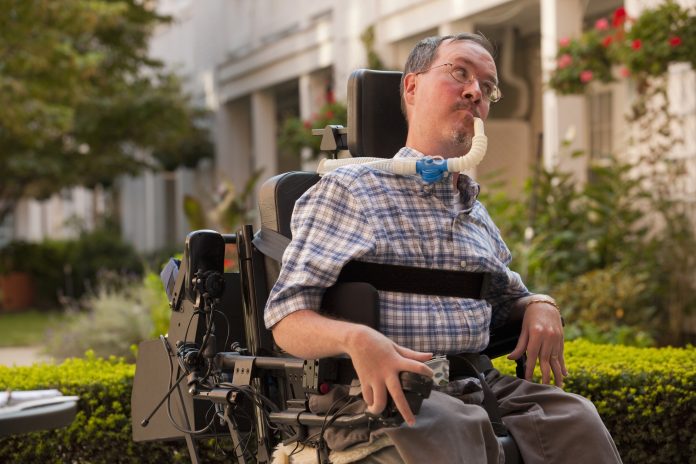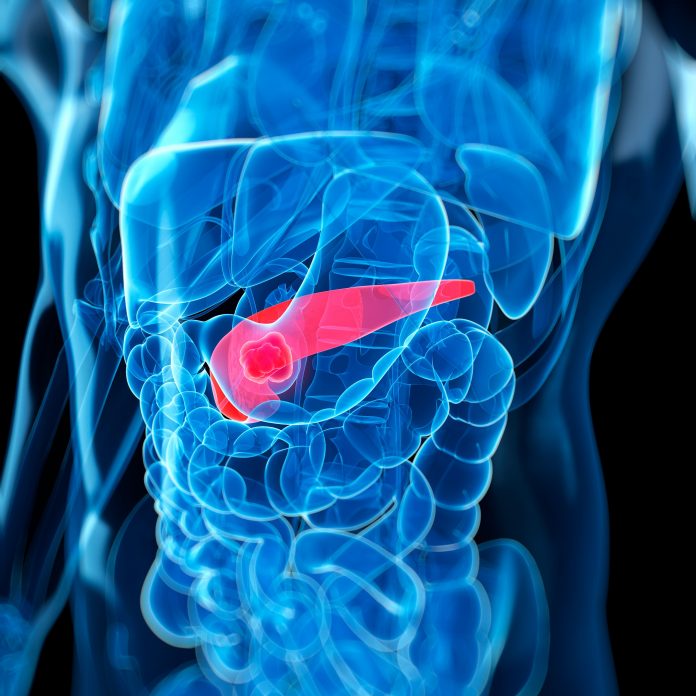Liquid biopsy – a test that looks for signs of cancer in the blood as dead cells release traces of genetic material – can now not only help in early detection of the disease but figure out where the tumour is coming from. This is crucial as different treatments work better for tumours in different organs.
This finding is the result of the US-based Pathfinder study on multi-cancer early detection (MCED) blood screening. It finds prominent mention in the special issue of The Lancet which celebrates 200 years on October 5. According to Dr Amit Dutt, scientist and principal investigator at the Advanced Centre for Treatment, Research and Education in Cancer (ACTREC), Tata Memorial Centre, Mumbai, this could be a big improvement in how we use technology. This means we can just take a blood sample and send it to a special laboratory for testing instead of probing inside a person’s body with expensive equipment. Also, it can halt the cancerous growth even before it becomes a bigger problem.
On the test that predicts cancer signal origin
The MCED test detects cancer-specific DNA methylation patterns from cell-free DNA (cfDNA) shed by tumours into circulating blood. If a cancer signal is detected, the test also predicts the cancer signal origin (CSO) or the cancer or tissue type where the tumour arose). “Liquid biopsy is a new and exciting way to find signs of cancer in a person’s blood. When cancer cells die, they release tiny pieces of their genetic material (DNA/RNA) into the blood. The tricky part is sifting the genetic material from cancer cells (called ctDNA) from the genetic material of normal healthy cells (called cfDNA). This innovation has two important parts: first, we look for changes in the DNA of cancer cells only, and second, we use special technology to find these tiny bits of mutant DNA in the sea of normal DNA from healthy cells in the blood,” explains Dr Dutt.
Is the test fool-proof?
There are some challenges, with accuracy being a major concern. Liquid biopsy isn’t perfect because it can miss some types of cancer or stages of cancer, due to its high negative predictive value. It cannot always tell which part of the body the tumour is coming from. In this study, besides looking for genetic changes, researchers have also checked for epigenetic ones – that is the chemical changes in the ctDNA (called methylation). This methylation pattern seems to be linked to specific organs which means it may help figure out where the tumour is coming from when a liquid biopsy is done. “If the ctDNA is detected, it is a good thing. We can catch cancer early and start treatment right away, especially if we know which mutation caused it,” Dr Dutt adds.
Not all cancers release the same amount of ctDNA, so experts have to adjust for this. Also, different stages of the same type of cancer can have different amounts of ctDNA.
Can existing labs conduct these tests?
Not all of them. To find ctDNA, there is a need for fancy technology and specialised labs, which can be very expensive. In India, there are only a few labs that offer comprehensive tests to detect cancer mutations in a person’s genes. These are quite expensive, too, at this point. As most in-depth analysis are done by labs outside India, a sample evaluation could take around Rs 2 to 3 lakh.
Why larger studies are needed
Most Read
“These tests are new and insight about how doctors and patients respond to a positive MCED test is limited. The PATHFINDER trial in the US was designed to address this knowledge gap and although this study establishes clinical feasibility of MCED testing, forthcoming results of larger studies will be required to show clinical utility and effects on cancer mortality,” said Prof Deb Shrag, Memorial Sloan Kettering Cancer Center, New York, and lead author said.
Between December 12, 2019 and December 4, 2020, the PATHFINDER trial recruited 6,662 participants in the US, who were over 50 years old and at a low risk of cancer. A cancer signal was detected in 92 (1·4 per cent) of 6,621 participants with analysable results. About 35 (38 per cent) participants were diagnosed with cancer (true positives) and 57 (62 per cent) had no cancer diagnosis (false positives).
Tests need to be developed to find mutations that are more common in Indian cancer patients compared to people from other backgrounds, like Caucasians. “Besides, we also need to make sure that the treatments for these specific mutations are available in India. Many of the new and effective drugs for cancer are either too expensive or not easily accessible. So, improving the technology to find cancer mutations is just one part of the solution,” Dr Dutt advises.










